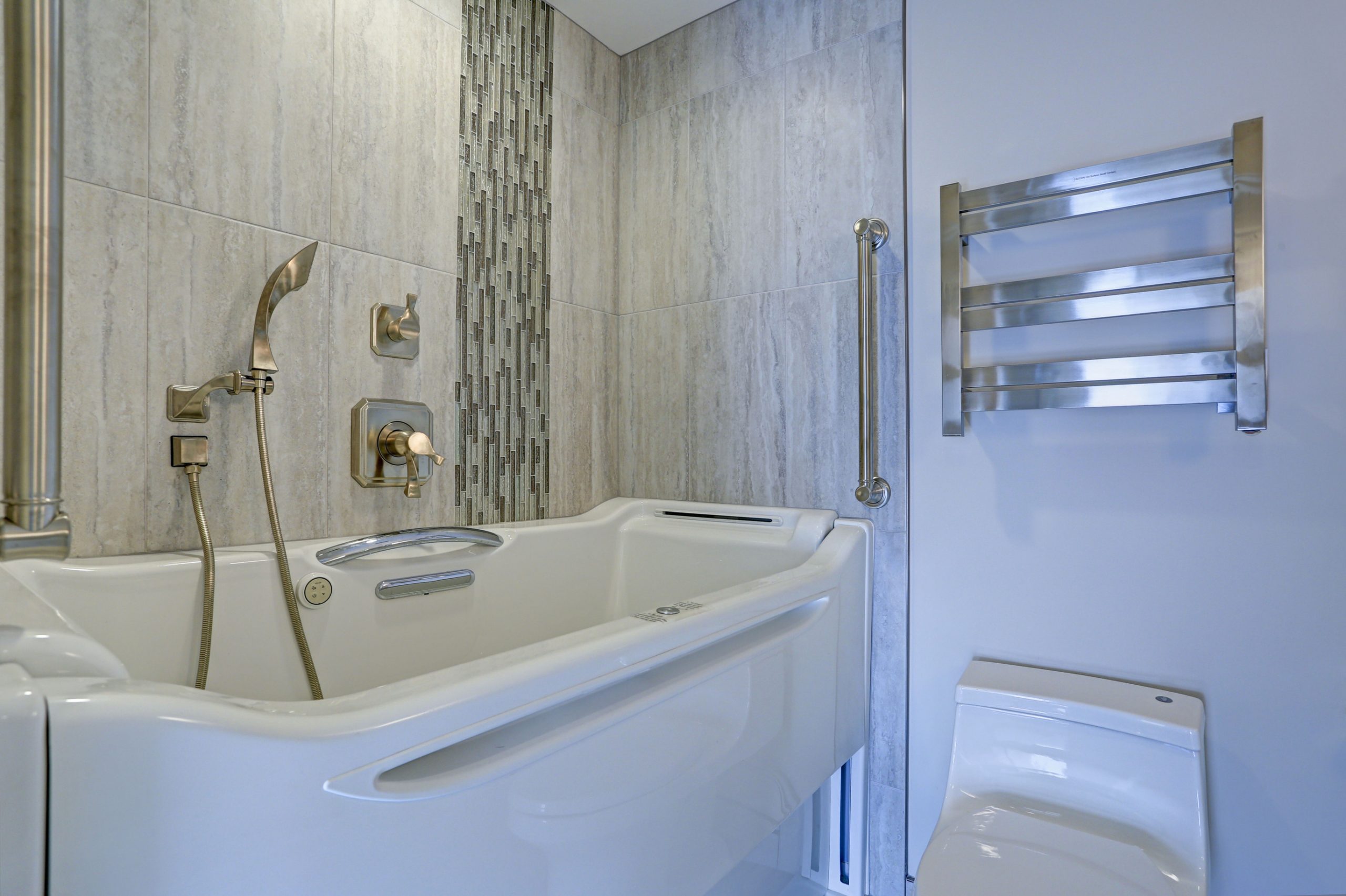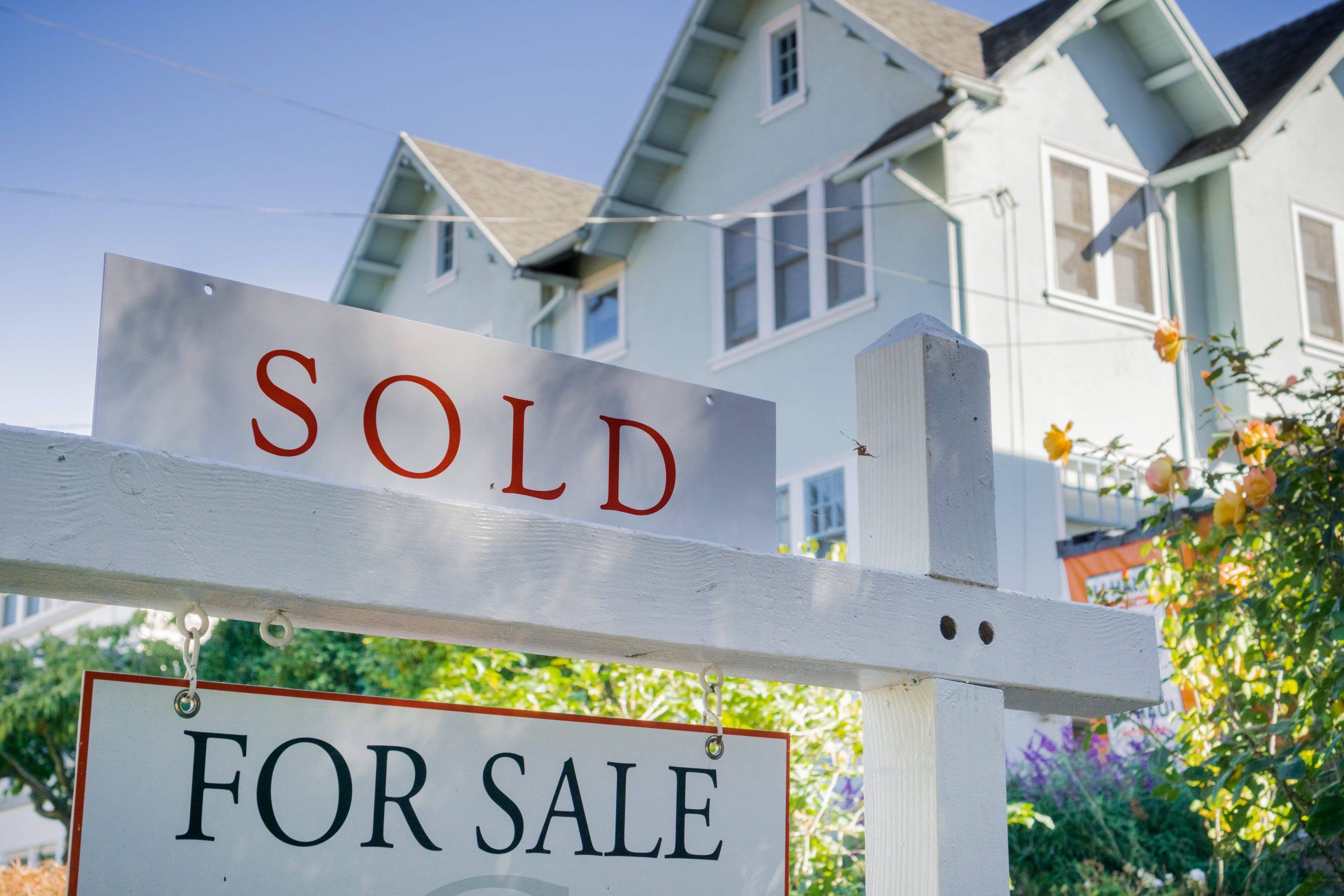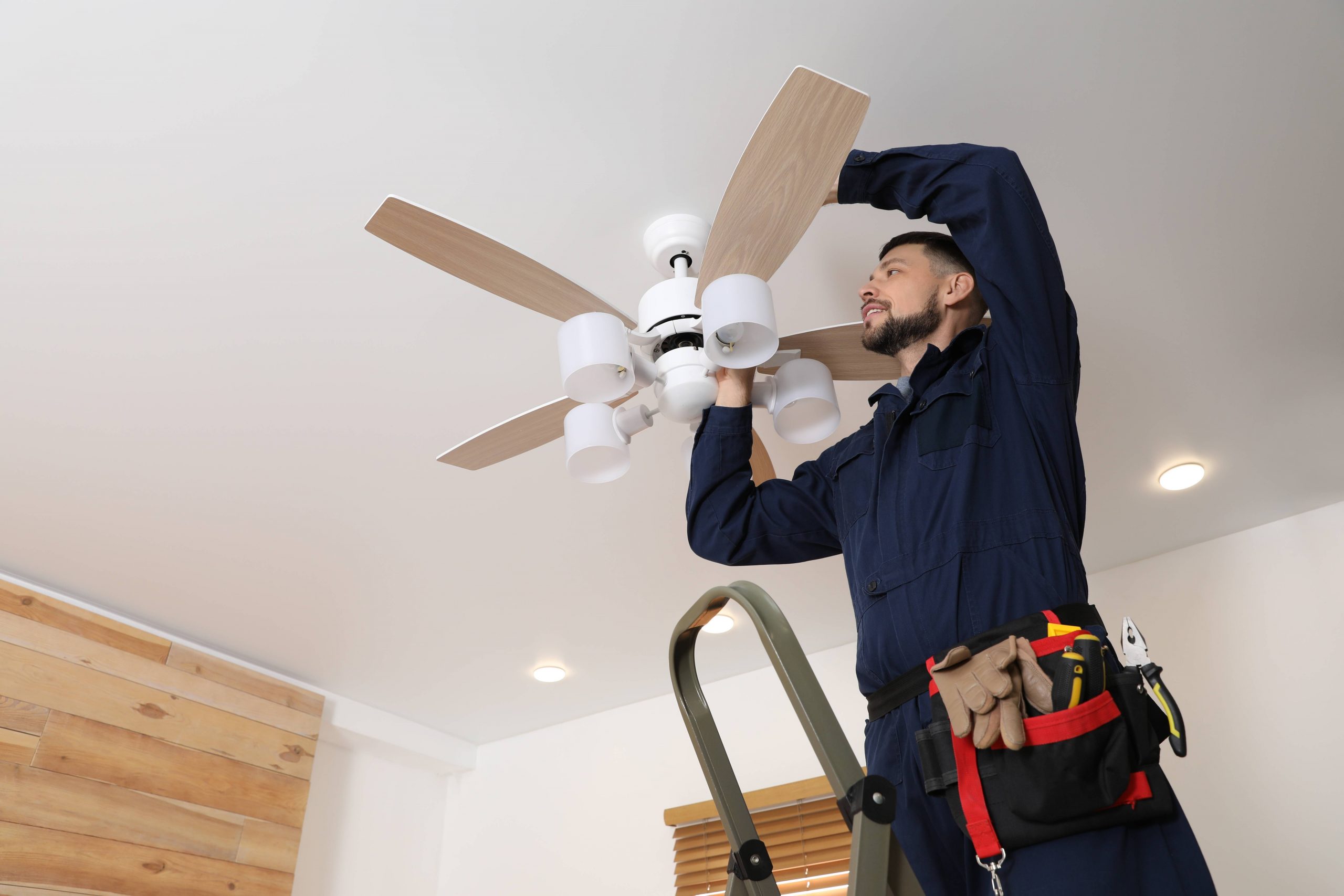Table of Contents
Renting vs. Owning: Which Housing Choice Makes the Most Sense for You?
Torn between renting and buying your next home? With housing costs on the rise, it’s more important than ever to know which option gives you the most financial flexibility and value. Here’s a no-fluff breakdown to help you decide what works best for your budget and lifestyle.

So which is better—renting or owning? Like most things in personal finance, the answer depends on your goals, your money situation, and even your personality. Here’s a breakdown of the real costs, pros, cons, and questions to help you figure out which option fits your life best.
Renting: Flexibility Without the Long-Term Commitment
Renting means paying a landlord each month to live in a space you don’t own. While that might sound like “throwing money away,” the reality is a bit more complex.
Pros of Renting
Flexibility is probably the biggest benefit. You can move with relatively short notice, whether you’re chasing a job opportunity, avoiding a rent hike, or just want a change of scenery. This is especially valuable if your future feels uncertain or if you’re not ready to settle down.
Renting also comes with fewer upfront costs. There’s no down payment, no closing costs, and no property taxes. Most leases require just a security deposit and maybe first and last month’s rent.
Maintenance is another perk. If the roof leaks or the water heater dies, it’s the landlord’s problem—not yours. That peace of mind (and lack of surprise expenses) can be a big deal for your budget.
And in some markets, renting is still cheaper month-to-month than owning, especially when you factor in insurance, taxes, and maintenance.
Cons of Renting
The downside? Your money isn’t building equity. You’re paying for a place to live, but none of that cash goes toward something you’ll eventually own. That’s fine for a while, but it may feel frustrating long-term.
Rents can also rise every year. While some places offer rent control, many landlords can raise prices when leases end, which can push you out of a neighborhood you love.
And finally, you’ve got less control. Want to paint the walls? Install new shelves? Adopt a big dog? You’ll need to check the lease first. Some landlords are more lenient than others, but you never truly call the shots in a rented space.
Owning: Building Equity and Putting Down Roots
Buying a home means you own the property and (hopefully) gain equity as it increases in value or as you pay down the mortgage. It’s a huge financial commitment—but one that can pay off in both wealth and stability.
Pros of Owning
The biggest upside is equity. When you make a mortgage payment, a portion goes toward owning more of your home. Over time, that adds up—especially if your home increases in value.
You also get predictable housing costs if you have a fixed-rate mortgage. Unlike rent, your principal and interest payments stay the same every month. That stability can help with long-term financial planning.
Ownership also means freedom to customize. Paint the walls neon pink. Knock out a wall. Add solar panels. You’re the boss.
Plus, there are tax benefits. Mortgage interest and property taxes may be deductible, and profits from selling your primary residence are often tax-free up to certain limits.
And in many cases, a home is a long-term investment. While values can fluctuate, real estate tends to appreciate over time, particularly in growing markets.
Cons of Owning
Buying a home comes with big upfront costs—down payment, closing costs, and often private mortgage insurance (PMI) if you’re putting less than 20% down. You’ll also have ongoing expenses like property taxes, homeowners insurance, HOA fees (in some areas), and maintenance.
Speaking of maintenance—it’s all on you. A broken furnace or leaky roof means dipping into savings, not calling a landlord.
And then there’s less flexibility. Selling a home isn’t quick or cheap. If you need to move, it could take months—and potentially cost you thousands in realtor fees, repairs, and closing costs.
Finally, there’s the risk of being “house poor.” That means putting so much of your income toward your home that there’s not enough left for other goals like travel, saving, or investing.
Renting vs. Owning: Cost Comparison
Here’s a side-by-side to help you visualize the difference:
| Category | Renting | Owning |
|---|---|---|
| Upfront Costs | Security deposit, 1–2 months rent | Down payment, closing costs, inspections |
| Monthly Costs | Rent, renter’s insurance | Mortgage, taxes, insurance, maintenance |
| Maintenance | Covered by landlord | Paid by you |
| Flexibility | High – Easy to move | Low – Selling takes time |
| Customization | Limited (depends on lease) | Full control |
| Equity Building | None | Builds over time |
| Tax Advantages | Limited | Mortgage interest, property tax deductions |
| Risk | Rent increases, eviction | Home value may drop, costly repairs |
Key Questions to Ask Yourself
To decide what’s right for you, ask:
- How long do I plan to stay in one place?
- Am I ready for the responsibilities of homeownership?
- Do I have enough saved for a down payment and unexpected repairs?
- How stable is my income and job situation?
- Do I value flexibility more than long-term financial gain?
A good rule of thumb: if you plan to stay in a home for at least 5 years, buying often makes more financial sense due to equity building and appreciation. But if you’re in a period of transition—or just want simplicity—renting can be the smarter choice.
It’s Not Just Financial, It’s Personal
There’s no universal “right” answer in the renting vs. owning debate. Both come with trade-offs, and the better choice really depends on where you are in life—and what matters most to you.
Owning a home can be a powerful way to build wealth and feel grounded, but it’s not for everyone. Renting gives you flexibility and freedom from long-term commitments, but doesn’t build equity.
The good news? You don’t have to get it perfect right away. Your housing choice isn’t permanent. Rent now, own later. Own now, rent again later. As long as your living situation aligns with your financial goals and personal priorities, you’re on the right track.




